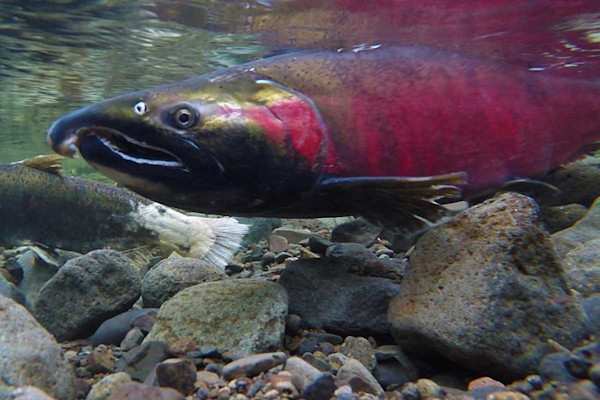
Several factors impact food supply for cetaceans
The food supply for cetaceans is influenced by various factors, including overfishing, climate change, underwater noise, and human activity, which can have significant effects on their health and foraging success. Determining the diet of cetacean species is a complex task, with researchers using techniques such as analyzing prey samples and studying stomach contents. For example, studies have shown that resident killer whales have a diet consisting primarily of salmon, particularly Chinook salmon, which is preferred due to its size, fat content, and year-round availability. The decline in Chinook salmon abundance has been linked to periods of killer whale population decline. The importance of other prey species to the survival of different cetaceans is not well understood, but suboptimal prey availability can lead to nutritional stress and make them more susceptible to illness and contamination. The reduction in prey availability due to competition with fisheries, climate change, or other factors is a significant concern for at-risk cetaceans. It is essential to address these issues to ensure the well-being and conservation of cetacean populations.